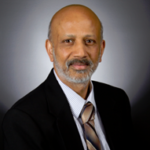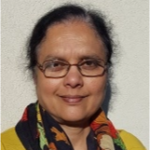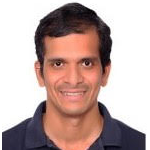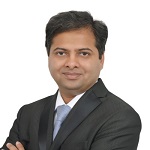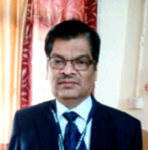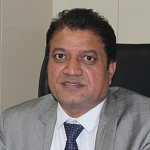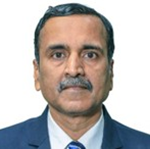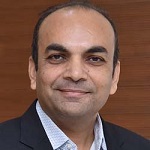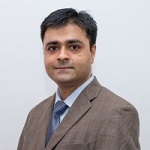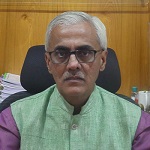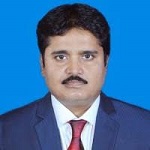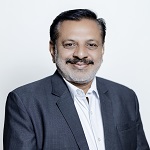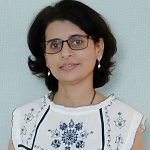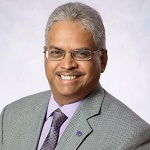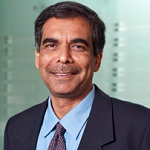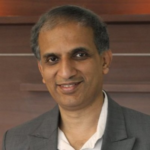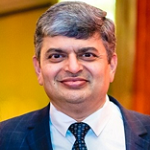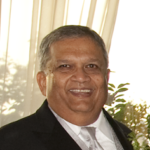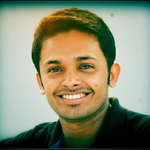The International Conference on Transformations in Engineering Education (ICTIEE) is a flagship program of the IUCEE Foundation. The Thirteenth International Conference on Transformations in Engineering Education (ICTIEE 2026) will be held from January 7 to 10, 2026. Organized annually, this conference fosters collaboration and knowledge sharing among leaders, faculty, and students from diverse educational institutions.
ICTIEE 2026 will feature insightful talks by distinguished leaders from academia and industry, providing an excellent networking and professional growth platform. The conference aims to bring together global experts and passionate educators to advance the quality of engineering education. Notably, the number and quality of research papers submitted to ICTIEE have steadily increased yearly.
ICTIEE 2026 will be hosted at GITAM Deemed to be University, Bengaluru Campus, Karnataka. The theme of ICTIEE 2026 is “Transforming Teaching and Learning Ecosystems in the AI-Driven World”.
As AI reshapes education, the 13th edition of ICTIEE embraces the theme “Transforming Teaching and Learning Ecosystems in the AI-Driven Era.” Building on IUCEE’s enduring mantra, “I am teaching… are they learning?” and over a decade of promoting student-centric education, this conference invites educators, students, researchers, and leaders to reimagine pedagogy for the future. With AI tools redefining engagement, assessment, and personalization, we must transform traditional classrooms into dynamic, inclusive learning ecosystems. ICTIEE 2026 will showcase innovations, research, and practices that ensure technology enhances—not replaces—the human touch in education, always keeping student learning at the centre.
Chief Patron
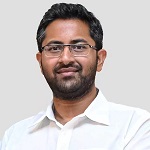
Mr. Sribharat Mathukumilli
President
GITAM Deemed to be University
Patron

Dr. Virander Singh Chauhan
Chancellor,
GITAM Deemed to be University
Patron
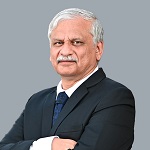
Dr. Errol D’Souza
Vice Chancellor,
GITAM Deemed to be University
Conference General Chair
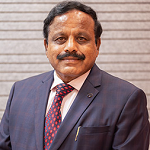
Prof. Basavaraj Gundappa K
Pro Vice Chancellor,
GITAM University, Bengaluru Campus
Chief Guests
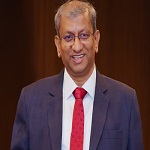
Dr. S. Vidyashankar
Vice Chancellor,
Visvesvaraya Technological University
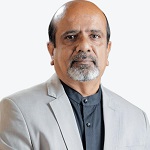
Dr. Ashok S. Shettar
Pro Chancellor,
KLE Technological University
Institutional Sponsors
Keynote Speakers
IUCEE Leadership Panels
on “Leading change in response to advent of Artificial Intelligence (AI)”

Prof. KNS Acharya
Ex-Pro Vice Chancellor,
GITAM University, Bengaluru Campus
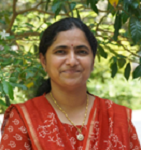
Dr. Divya Nalla
Director,
NMREC
Faculty Workshops
Student Workshops
Call for Innovative Practices at the ICTIEE 2026 “Showcase of Innovative Use of AI for Higher Education”
Call for Papers
The IUCEE Foundation and GITAM, Deemed to be the University Bengaluru Campus, invite faculty members and professionals to submit full-length, original, and unpublished research and practice papers reflecting contemporary engineering education developments. Submissions should align with the conference theme and the specified tracks and must be received by August 15, 2025.
All submissions will undergo a double-blind review process. Accepted papers will be invited for presentation at the conference. Furthermore, selected and presented papers will be considered for publication in a Special Issue of the Journal of Engineering Education Transformations (JEET).
Tracks and Sub-Tracks:
Important Dates
- Call for Papers: 15 June 2025
- Full Paper Submission Deadline:
15 August 202531 August 2025 - Full Paper Status Notification: 15 November 2025
- Camera Ready Paper Submission Deadline: 30 November 2025
Accommodation Details
Participants should contact hotels directly and mention conference at GITAM University.
Transportation by buses will be provided by GITAM University to Conference site at 8:30 am and return at end of event on Jan 8, 9 and 10..
Breakfast, lunch and dinner will be provided on Campus.
Registration Details
| Registration | Early Bird | Regular |
|---|---|---|
| IUCEE Members – Authors | INR 10000 | INR 11000 |
| IUCEE Members – Delegates | INR 5000 | INR 6000 |
| Non – IUCEE Members – Authors | INR 11000 | INR 12000 |
| Non – IUCEE Members – Delegates | INR 6000 | INR 7000 |
| Foreign Authors/ Delegates | USD 100 | USD 150 |
| 18 % GST will be applicable on the above registration fee | ||
GITAM (Deemed to be University)
GITAM (Deemed to be University), established in 1980 and inspired by Mahatma Gandhi’s vision of value-based education, is a premier institution with campuses in Bengaluru, Hyderabad, and Visakhapatnam. Home to 12 schools spanning science, engineering, liberal arts, management, law, pharmacy, and healthcare, GITAM offers a vibrant ecosystem where students engage with real-world challenges through applied learning and research. By fostering global perspectives, industry collaboration, and holistic development, the university empowers students to discover their unique path and purpose. Committed to excellence, integrity, and innovation, GITAM shapes future-ready individuals equipped to lead with knowledge and drive positive change in society.
The Centre for Academic Innovation and Advancement (CAIA) serves as a hub for GITAM employees to enhance their competence, innovation, and excellence in today’s rapidly evolving educational landscape, ultimately contributing to student success in a tech-intensive world.
CAIA designs and implements lifelong learning programs and ecosystems focused on Leadership Development, Research Development, Faculty Development, Non-Teaching Staff Development, and Student Professional Skills Development—ensuring that both employees and students remain relevant and future-ready.























